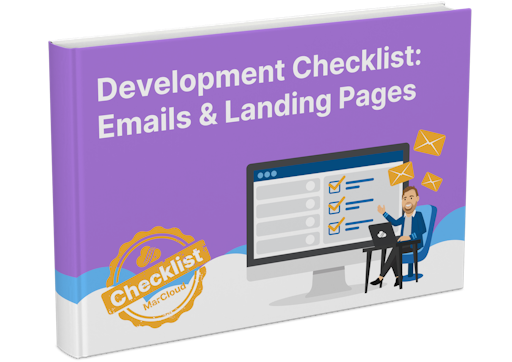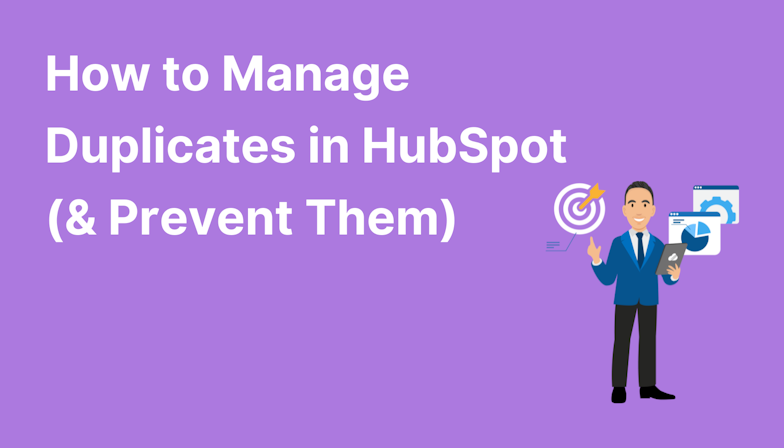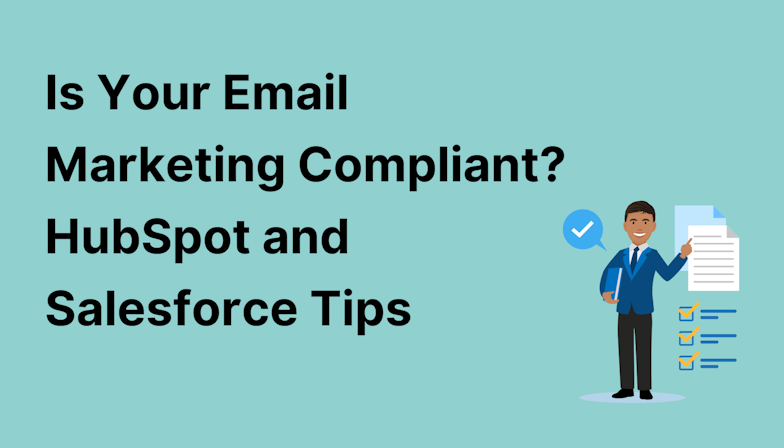If you decide external support is the route you want to take, here’s what to look for:
Experience with both Salesforce CRM and Salesforce Marketing Cloud
Previous integrations similar to your size, sector, or setup
Clear documentation and handover
Knowledge of data governance, security, and compliance
Technical competence paired with marketing understanding (a rare but valuable combination!)
A good Salesforce partner will avoid jargon, explain any trade-offs, involve you where necessary, and design something that fits how your teams work and your business plans to scale.
So, what’ll it be?
DIY integration is absolutely possible. And in some cases, it’s a reasonable option. But it’s important to be honest about your internal resources, technical depth, and the role Salesforce plays in your organisation.
Most mid-sized and enterprise teams rely heavily on accurate reporting, reliable journeys, and clean dashboards to secure budget and demonstrate ROI. In these situations, Salesforce integration companies offer stability, confidence, and the reassurance that you won’t be unpicking hidden mistakes later.
Get in touch with MarCloud for a smooth integration between Salesforce, HubSpot, and third-party software. Our in-house developers are certified experts and marketing pros, meaning we have the strategic and technical skills to lead your integration.




